P&W-sponsored poet Michael Czarnecki blogs about the New York State literary events he's participated in this past year.
A sliver of a moon shines off to my right, low in the western sky. Straight ahead, Jupiter guides me as I drive south, home on Wheeler Hill a little less than an hour away. A short while ago I left the Lima Public Library. A half dozen people attended a writing workshop that I facilitated, excited about the method presented, anxious to do some writing. Behind the wheel, I felt good about the ideas I presented, the encouragement I had given.
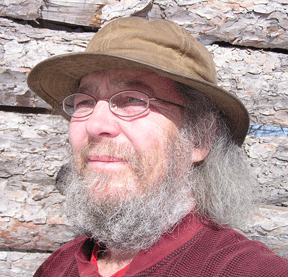 Lima is a small village, about 2,500 people, in upstate New York. The surrounding area is mostly farmland and newer rural suburbia. My home, Wheeler Hill, is even more rural, isolated. Dirt roads and Old Order Amish neighbors. I am a country person, but also a poet and small press publisher. For more than two decades, I’ve made my living solely through creative work. Much of that work on the road is in small communities, like Lima.
Lima is a small village, about 2,500 people, in upstate New York. The surrounding area is mostly farmland and newer rural suburbia. My home, Wheeler Hill, is even more rural, isolated. Dirt roads and Old Order Amish neighbors. I am a country person, but also a poet and small press publisher. For more than two decades, I’ve made my living solely through creative work. Much of that work on the road is in small communities, like Lima.
In the past year I’ve given readings and/or held workshops in many small communities throughout New York State: Big Flats, Tupper Lake, Indian Lake, Watkins Glen, Henderson, Warsaw, Gouverneur, Dundee, Naples, and Mexico. These programs could not have happened were it not for the support of Poets & Writers. Many of these are repeat venues for me. The first four have active writers’ groups that were formed, in large part, because of my continual encouragement over the years.
Of special note is Watkins Glen. Seventeen years ago Charlotte Dickens called me (I didn’t know her) and asked if I could help her start a writers group in the community. She had been given my contact information from the local library, where I had facilitated a program a couple of years before. Over dinner we talked about possibilities. We left with a plan that I would facilitate the first few of the monthly meetings and then she would take over. I also suggested she have a monthly reading series, featuring published writers followed by an open reading. I felt strongly that hearing experienced writers would benefit burgeoning writers who met around the table every month. The writers group still meets twice a month and the reading series continues to flourish! This, in a village of a little over 2,000 people and a county with about 20,000! Scores of poets and prose writers have read in the series, local and regional, as well as those from distant states.
As I turn into our one third of a mile long hayfield driveway, the moon hangs even lower in the western sky, soon to be gone. I am pleased with another successful workshop in a small upstate community. Pleased that I have been invited to come back again next year. Pleased that Poets & Writers encourages such programming throughout the whole of New York State, supporting events in all sixty-two counties every year. And finally, I’m pleased to return to quiet, peaceful home on Wheeler Hill.
Photo: Michael Czarnecki.
Support for the Reading/Workshops in New York is provided, in part, by public funds from the New York State Council on the Arts, with additional support from the Friends of Poets & Writers.






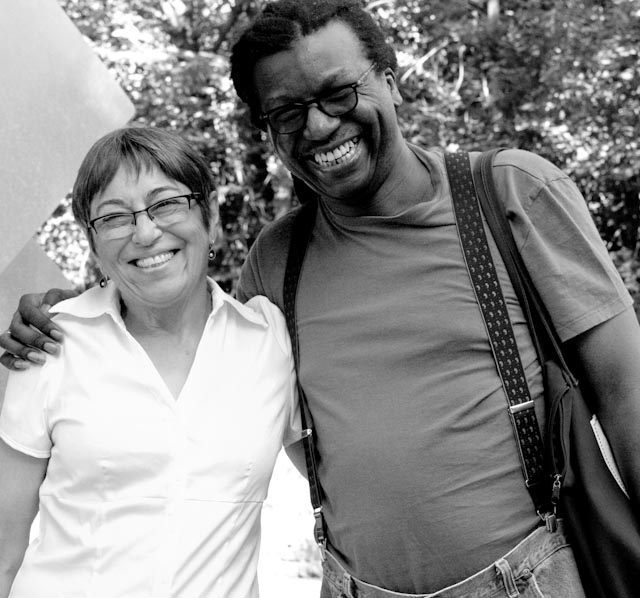 In the fifteen years since its founding, Cave Canem’s community has grown to become an influential movement with a renowned faculty and high-achieving national fellowship of over three hundred, many of whom have been P&W-supported and/or listed in the
In the fifteen years since its founding, Cave Canem’s community has grown to become an influential movement with a renowned faculty and high-achieving national fellowship of over three hundred, many of whom have been P&W-supported and/or listed in the  Lima is a small village, about 2,500 people, in upstate New York. The surrounding area is mostly farmland and newer rural suburbia. My home, Wheeler Hill, is even more rural, isolated. Dirt roads and Old Order Amish neighbors. I am a country person, but also a poet and
Lima is a small village, about 2,500 people, in upstate New York. The surrounding area is mostly farmland and newer rural suburbia. My home, Wheeler Hill, is even more rural, isolated. Dirt roads and Old Order Amish neighbors. I am a country person, but also a poet and 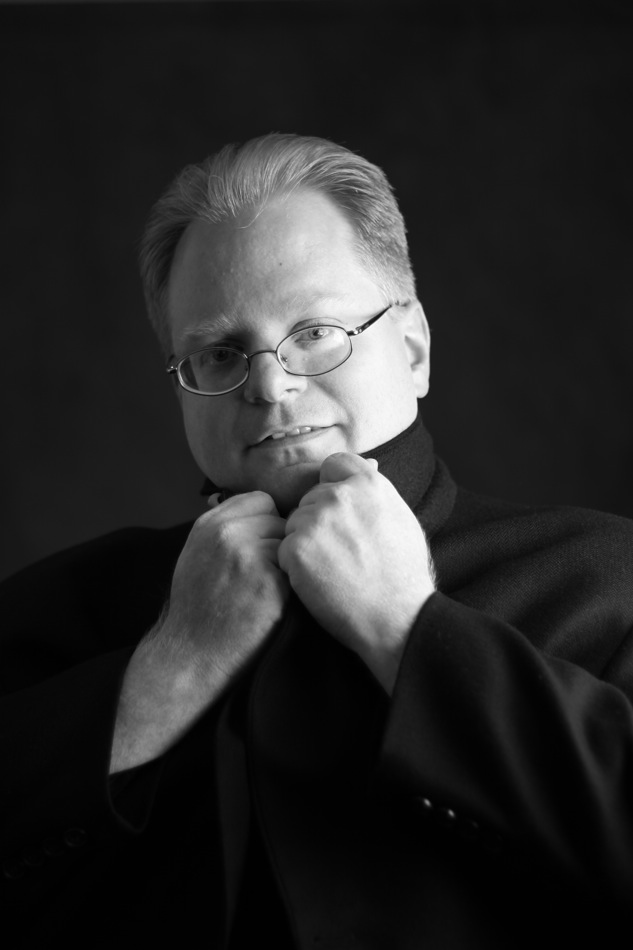

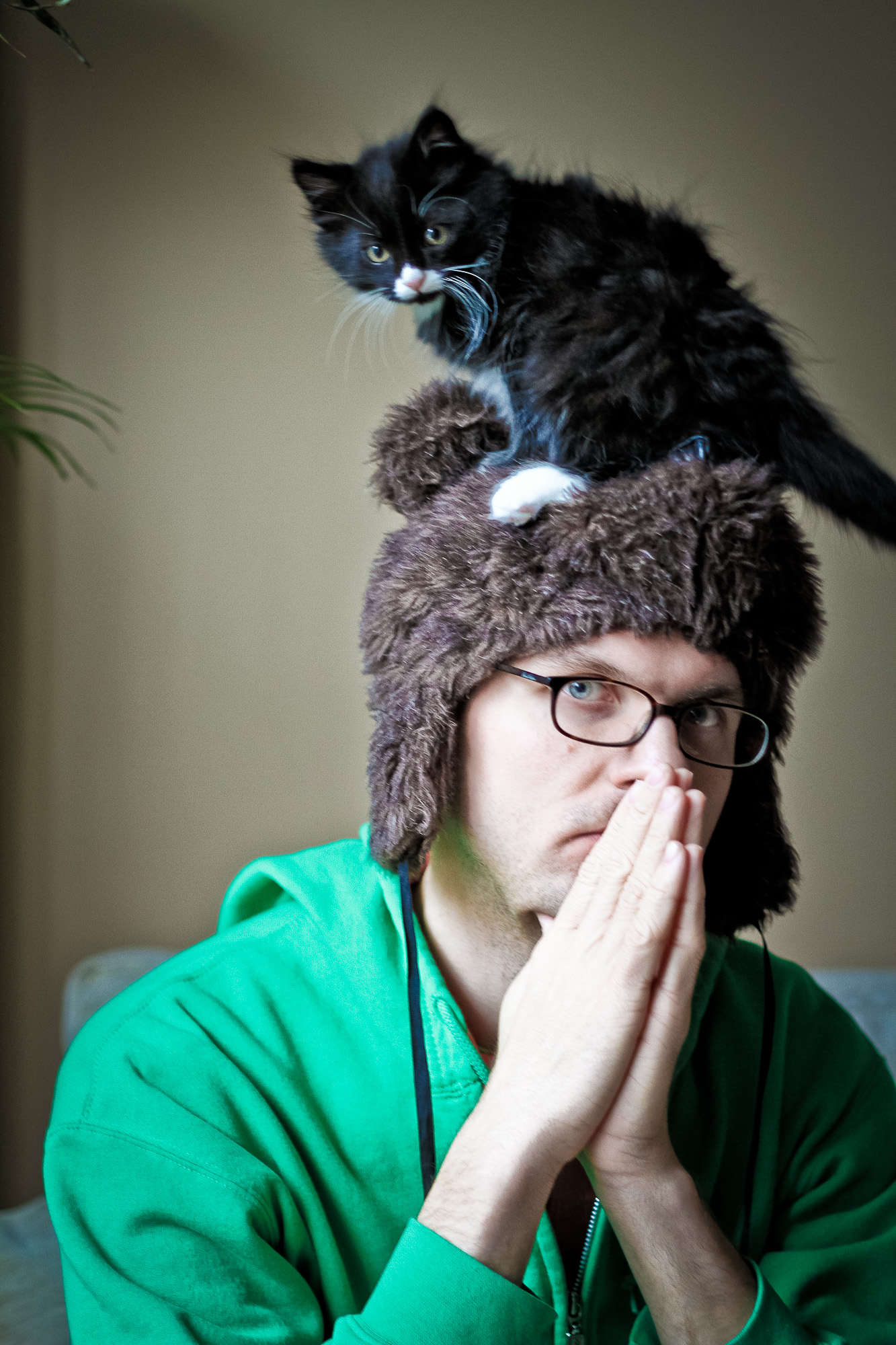 P&W-SPONSORED WRITER & PRESENTER: Robbie Q. Telfer
P&W-SPONSORED WRITER & PRESENTER: Robbie Q. Telfer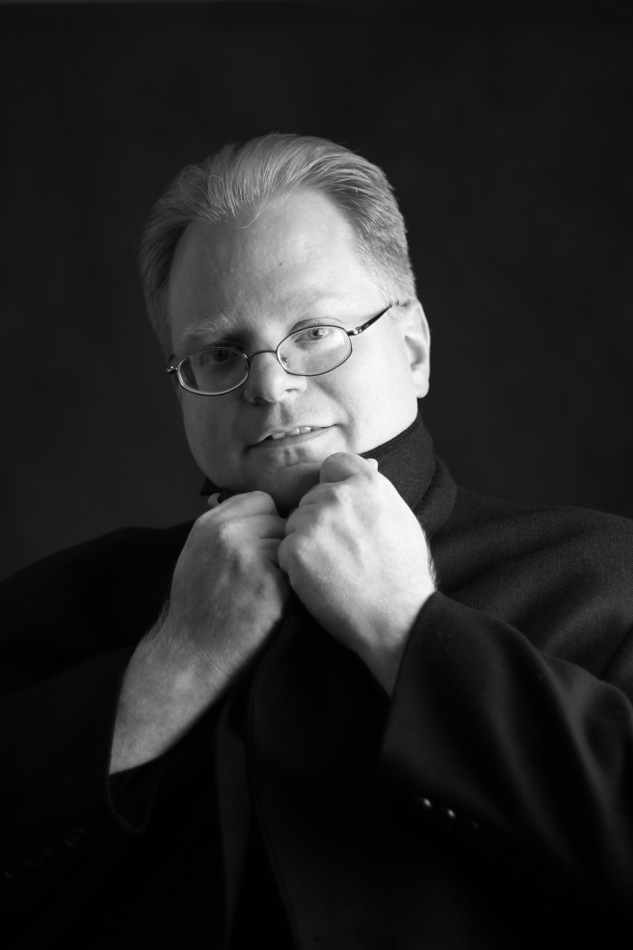 P&W-SPONSORED PRESENTER: Collin Kelley
P&W-SPONSORED PRESENTER: Collin Kelley